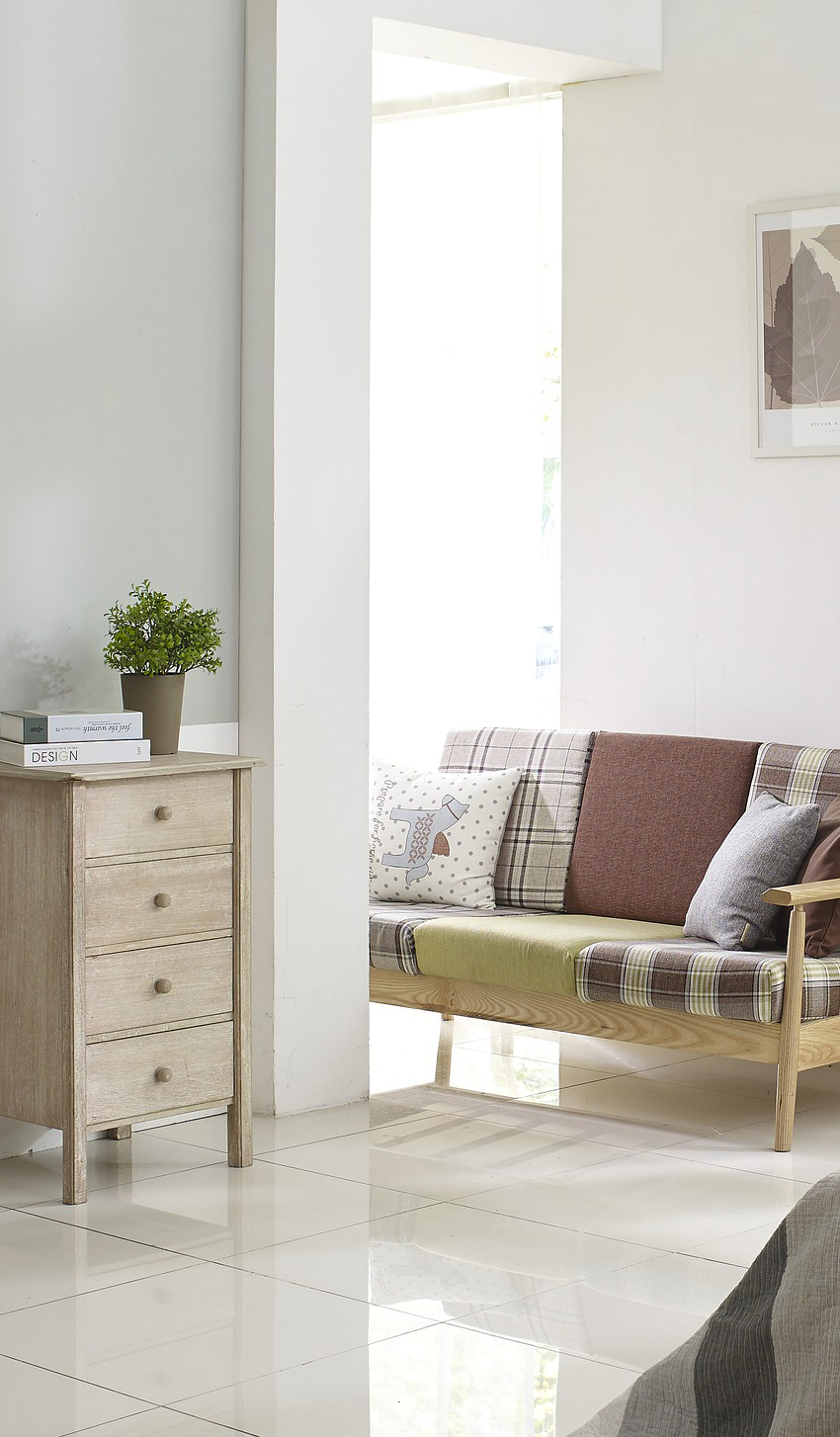
A Protective Property Will Trust is one of the more frequently used types of trust. It typically involves a spouse's share in their home. By their Will they leave a life interest in their share of the property to another person, usually the surviving spouse.
The Protective Property Trust (PPT) allows the surviving spouse
to continue to live in the home but protects the deceased spouse's interest in
the home for their chosen beneficiaries, usually their children or grandchildren.
It provides some protection from
the risks of leaving the property outright to the surviving spouse. One risk of
an outright gift is that if the spouse remarries, the home could pass to their
new spouse.
The portion of the property held in trust does not form part of the surviving spouse's estate. For that reason it may be protected from being used to pay care home fees for the surviving spouse.
The terms of the trust would allow the surviving spouse to continue living in the property free of rent and without any interruption, usually for the rest of their lives. They are referred to as the 'life tenant'.
The trust would be set up on the death of the testator. The legal title will then be transferred into the joint names of the surviving spouse and the trustees. The set up of the trust involves costs to the estate.
A property cannot enter a life interest trust on death until any mortgage on the property has been settled. A possible solution would be for both spouses to have life cover in place to cover the mortgage on first death.
A PPT will usually include provisions allowing the surviving spouse as life tenant to downsize or purchase a substitute property, meaning that just because their share of the property is in trust they can still move should they wish to.
The trust also gives the surviving spouse an entitlement to income. If the spouse moves out of the property for any reason and it is rented out, this would give them a regular income.
If the spouse wishes to move, the trustees have the power to sell the property and use the sale proceeds to purchase a substitute property for the life tenant to live in. Any additional proceeds of sale will remain in trust and the income from the funds will be paid to the spouse.
The Will of the deceased spouse will name the people who will inherit their share of the property eventually. So when the trust ends the chosen beneficiaries, typically the children or grandchildren of the testator, will inherit that spouse's share of the property or the proceeds if it has been sold.
For information about having a Will prepared, tailored to your particular circumstances, please contact us.